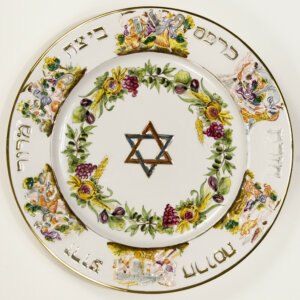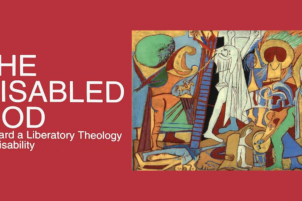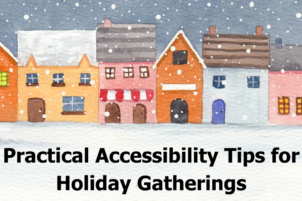 Every year on the 15th day of the Hebrew month of Nissan (April 22 on the Gregorian calendar this year) Jewish people celebrate Passover. We gather at homes and synagogues for the first of two seders. The Haggadah includes the order of the rituals, blessings, songs, and readings. It even tells when to eat the seder meal.
Every year on the 15th day of the Hebrew month of Nissan (April 22 on the Gregorian calendar this year) Jewish people celebrate Passover. We gather at homes and synagogues for the first of two seders. The Haggadah includes the order of the rituals, blessings, songs, and readings. It even tells when to eat the seder meal.
The Torah describes how the Israelites hurriedly packed provisions for the journey out of Egypt and couldn’t wait for their bread dough to rise. (Exodus 12:39). Two mitzvot (commandments) require future generations to eat only unleavened bread during Passover and to tell the Passover story to all our children.
How can a seder be engaging and meaningful for all guests, including children, teens, and adults with disabilities? Here are some tips you can use:
- Ask individuals what they need. Ask how you can support them. When you invite people, ask them to let you know what they might need to participate in the seder.
- When inviting guests, ask them to not wear fragrances, which can cause extreme and potentially life threatening responses in people who are sensitive.
- The Haggadah includes an agenda for the seder, and you can create your own visual agenda using pictures, photos, and times each activity starts. Hang it on a wall so everyone can see it. Ask a child to affix a Post-It with a checkmark when each activity is complete. Kids love jobs!
- Before the seder children can create posters for each of the four questions. By teaching them what each question is about, they can draw, color, or paint their impression, and share their art at the seder.
- Act out the Passover story. Get kids and adults engaged in vignettes and short plays. Have props and costumes on hand. Assign roles and give them a little time to practice before the seder. There are lots of resources available online, but one of my favorites is from Feed Your Spirit Writing with 4 plays.
- Try out a new, more accessible Haggadah. If you’re like me and still have a few of the Maxwell House Coffee haggadot, it’s time to explore the array of accessible and engaging haggadot.
- Braille, large print, and audio versions are available at JBI (formerly Jewish Braille Institute).
- The Gateways Haggadah is universally designed and uses visuals, explanations, and tools for all learners.
- If you have food restrictions, let the host know what you need. If airborne allergens can trigger an allergic reaction, advocate for alternative foods, seating away from allergens, and marking all foods with ingredients. Offer to bring alternative food yourself.
- Gluten free matzo may be substituted in the Affikomen and Hillel sandwich. Consider using spaghetti squash for a kugel, or riced cauliflower for a side dish. There are numerous gluten free dessert recipes, too!
- Excessive sensory input can be overwhelming and exhausting. Overstimulation can occur when the senses take in more information than the brain can process. Provide support by offering a “quiet room.”
RespectAbility’s free, online High Holiday Guide to Inclusive Congregations provides additional information for use all year long. Please take advantage of it, share it with your friends and family, and most of all, have an enjoyable and inclusive Seder!







